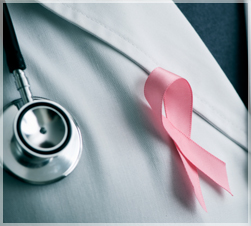Our family-centered maternity care model supports parents and their infant to begin the bond early.
Generations of women have trusted Riverside Partners in Women's Health to help them lead healthier lives and grow their families. We are dedicated to meeting your health care needs through every stage of your life. Riverside Partners in Women's Health is a large group of highly skilled doctors, advanced practice providers and support staff in multiple offices across the Virginia Peninsula, Middle Peninsula and Eastern Shore of Virginia. We offer a full range of ob/gyn and surgical services for women of all ages.
Our providers specialize in obstetrics and gynecology, but our holistic approach to a woman's health extends beyond the reproductive system. Our skilled team of physicians and advanced practice providers look at all of the conditions that may impact a woman's quality of life. Whether you have just learned you are pregnant or wondering if you are entering menopause, we have providers and services to meet your needs. You will receive high-quality, respectful, patient-centered care in a calm, comfortable environment especially for women.



